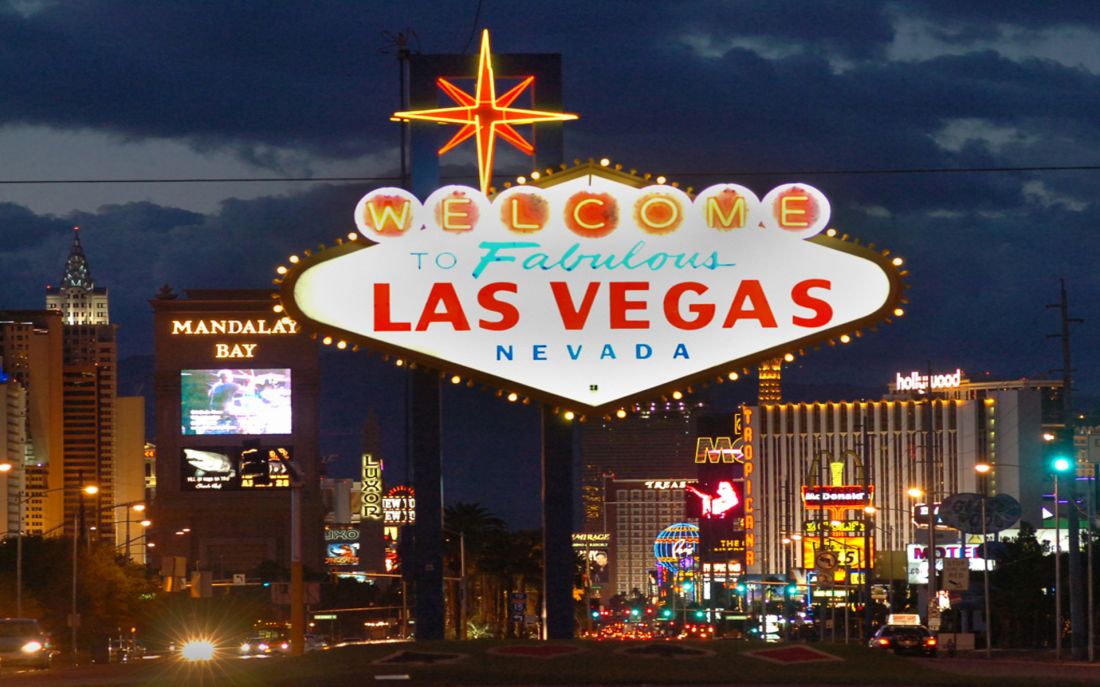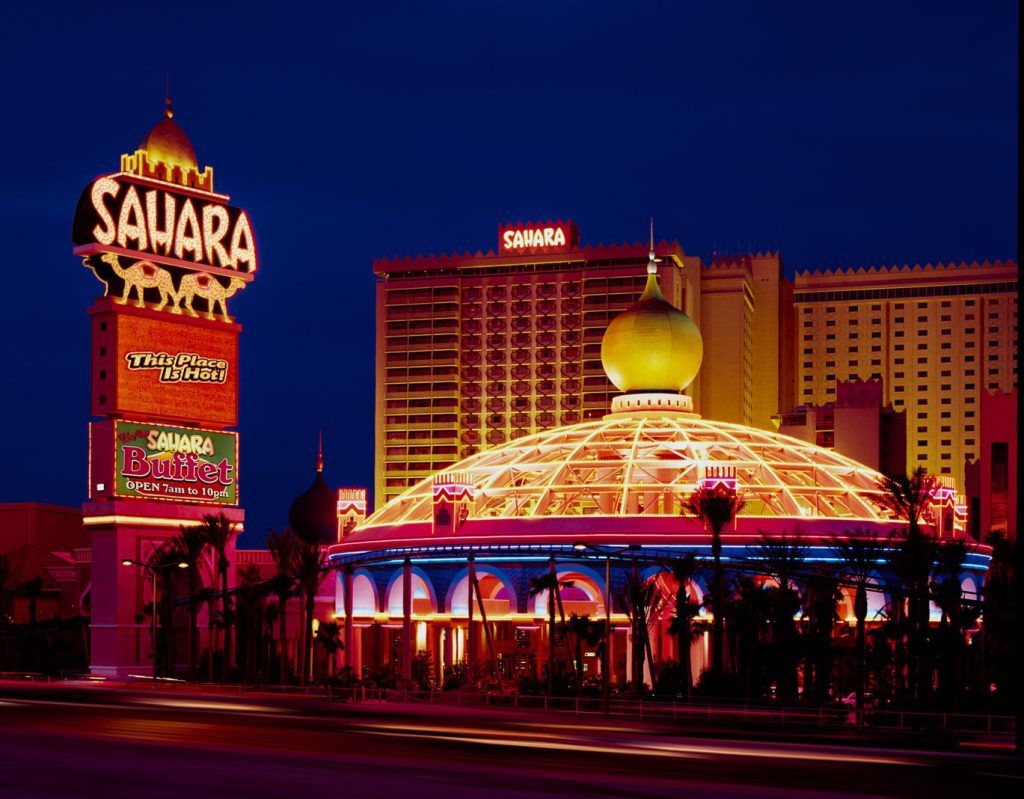Las Vegas casinos struggle to re-open. Will Sin City ever be the same? - SOMUCHPOKER
The unexpected 2020 coronavirus pandemic has been a really tough challenge on the gaming industry with multiple casinos experiencing month-long shutdowns and continuous drastic effects. Being a major entertainment hub worldwide, Las Vegas has been one of the cities heavily affected by the whole Covid-19 situation and may possibly never return to what it used to be. Despite the recent openings of more casinos, many gaming operators are still struggling from the sustained and long-term impacts brought about by the outbreak, causing some to remain closed indefinitely.
Having adapted a phased reopening to jumpstart the economy, Nevada’s Democratic Gov. Steve Sisolak has warned its citizens regarding the state’s “precarious position” and how a targeted and extended plan may be needed as a result of the increasing infections seen across the territory. Currently, Las Vegas has one of the highest rates of new infections relative to its population in the country, with a positivity rate that has almost doubled since casinos were allowed to reopen last June 4.

Gloomy disposition for Las Vegas casinos
The so-called “new normal” has limited many people keen on travelling to rethink their choices given the health risk tied to visiting other states or countries. Taking precautions to fight widespread infection has resulted in as much as a 90% drop in visitor volume during its lockdown period and a whopping 54% decline throughout the first half of 2020. A heavily tourism-dependent state, not only casino giants have lost a massive chunk of income but also more than 122,200 hospitality and leisure employees have lost their employment as a direct result of the pandemic.
While the majority of the casinos have since reopened on a reduced capacity, a number of properties have remained shut down for nearly five months. These include Station Casinos’ four Southern Nevada properties: Texas Station, Fiesta Henderson, Fiesta Rancho and The Strip-adjacent Palms. Red Rock Resorts, parent company of Station Casinos, reported that “the unprecedented challenges presented by the COVID-19 pandemic have significantly impacted the company’s business operations.”
CEO Frank Fertitta III further revealed the company’s uncertainty of whether the four properties noted above will even reopen at all.
“We don’t know if – or when – we’re going to reopen any of the closed properties,” Fertitta said. “We think it’s too early to make that decision at this time.”
“So far we’re very pleased with results that we’ve had, the ability to move some of the play from the closed properties to our existing properties, and we’re going to continue to try to get clarity and navigate the situation to make well-informed decisions,” he added, “but whatever decisions we make will be in the best interest of shareholder value.”
Other neighboring operators that remain closed are Boyd Gaming’s three of 29 properties similarly located in Southern Nevada: Eldorado Casino, Eastside Cannery and Main Street Station. Caesars Entertainment properties such as The Cromwell, Planet Hollywood and Rio Las Vegas have also been left in the dark since the state-wide shutdown was put in effect. The Linq Hotel, while open at a maximum of 50% capacity, has not yet allowed room reservations to be made at the moment.
MGM Entertainment has also yet to reopen two of its 13 Las Vegas hotels, ParkMGM and NoMad, a boutique hotel situated within Park MGM. In light of the coming Labor Day weekend, MGM Resorts has recently announced the anticipated reopening of The Mirage casino resort. The 3,044-room establishment which runs a popular volcano show is set to reopen its doors to the public on August 27.
Sahara Las Vegas has no plans on closing down
Representatives of the Sahara Las Vegas were quick to respond to the rumor circulating on social media implying the planned closure of the property. The resort, having since reopened last June 4, relayed that owner Alex Merulo “remains deeply committed to the project and is continuing with the resorts’ $150 million transformation” while supporting that the Sahara has no plans to close either temporarily or in the near future.

As a reply to the completely false news, Paul Hobson, President and General Manager of the Sahara Las Vegas, noted in a statement, “We typically refrain from responding to internet gossip, however given these current unprecedented times we felt it important to address these rumors head on to reassure our team members and guests, We have been delighted to welcome guests back to the resort since reopening on June 4 following the government mandated closure. We look forward to continuing to welcome guests well into the future.”
While the property confirms its continuous operation, The Nevada Gaming Control Board has since filed a complaint against the north Strip property early this month. The hotel establishment was reportedly found to have organized a 135-person luncheon on July 23, strongly violating Gov. Sisolak’s 50-person policy in relation to gatherings. Additionally, patrons situated on gaming tables but not participating or taking part in the games were spotted by the board’s compliance team.
Sahara responded with a statement highlighting the company’s dedication to abide by the necessary rules to protect public health and safety saying:
“We take our duties as a licensed gaming operator very seriously and work continuously to adhere to the health and safety standards set forth by the Governor and Nevada Gaming Commission. As stated in the Nevada Gaming Control Board filing, we acknowledged and immediately corrected conditions related to State-mandated social distancing protocols inside the resort identified shortly after reopening in June. Prior to that, we worked with health experts to develop our own stringent health and sanitation protocols through our SAHARA Cares program. We routinely review these protocols with team members to ensure compliance across the resort. Nothing is more important to us than the health and safety of our guests and team members and we will continue to work cooperatively with government agencies to ensure we meet these high standards.”



















